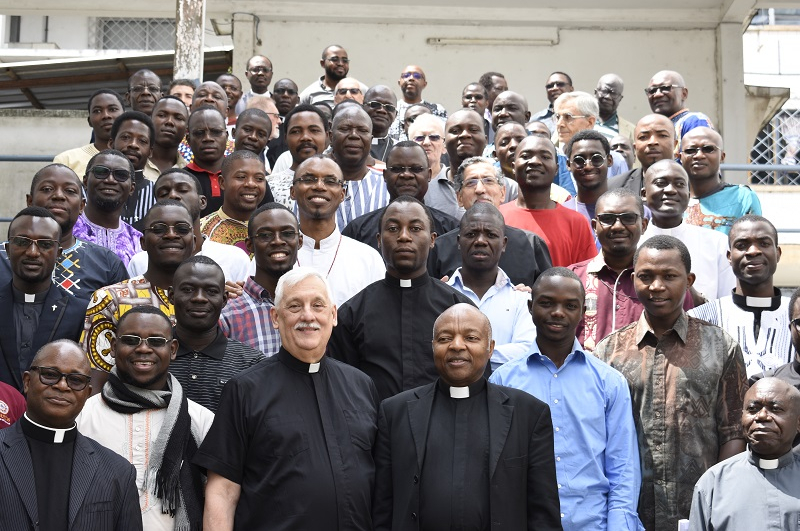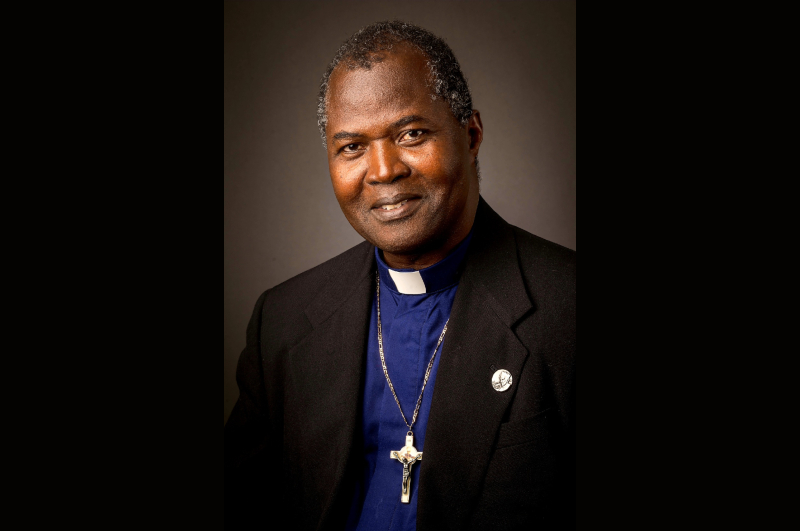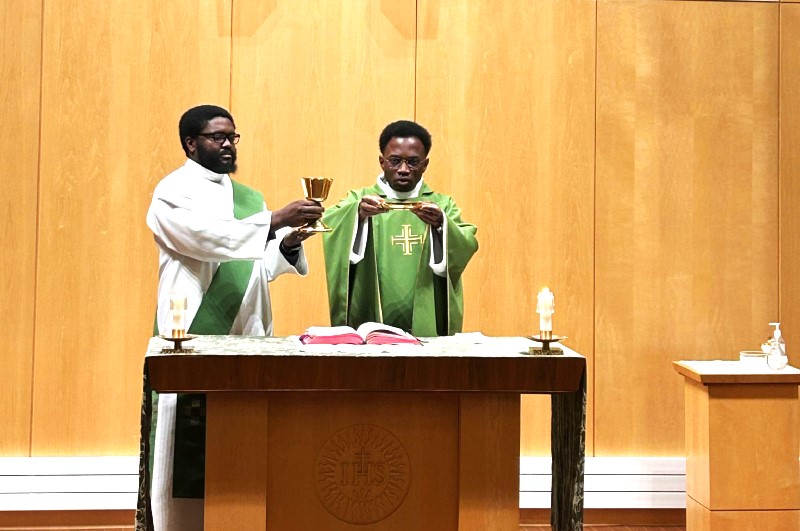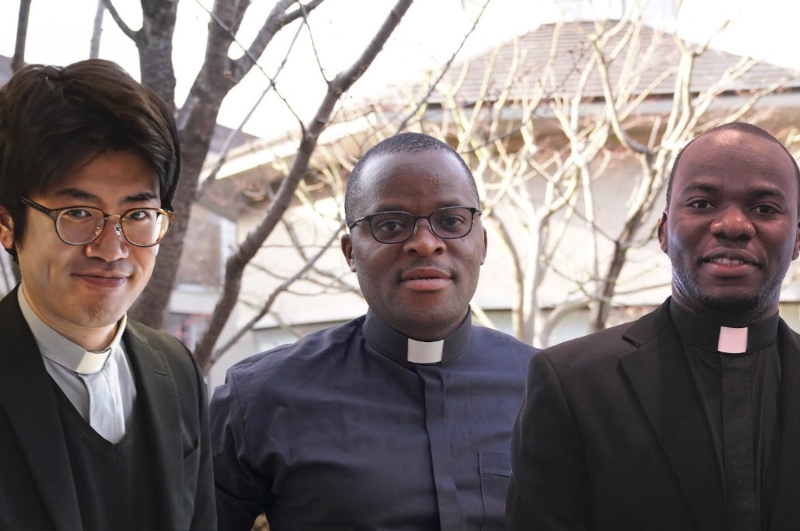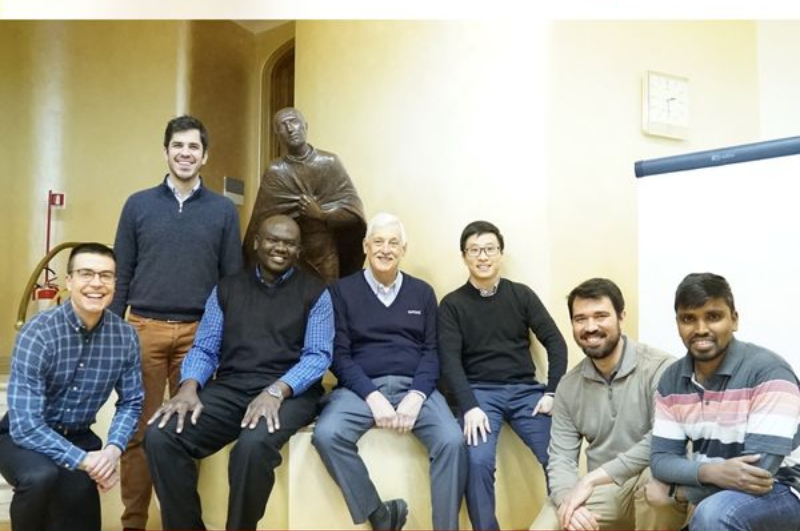






“Joining together to be more - and better”
“Making use of what we already have at hand we can work together more. Collaboration will be more effective when we create networks between our schools. Overcoming the tendency to shepherd and strengthen resources for the use of each individual university alone will require a culture of generosity which is at the heart of doing more and greater things- and for a life lived in abundance” (Fr. Arturo Sosa, S.J., Address to the World Meeting of Jesuit Universities, July 2018)
In response to Fr. General’s call the Jesuit School of Theology (JST) at Santa Clara University organised a forum held in Nairobi, Kenya from July 25-31, 2024, spearheading the implementation of the Global Theology Initiative (GTI). Launched in 2019, this collaborative project aims to enhance theological education and foster global solidarity among seven English-speaking Jesuit theology centers across North America, Africa, and Asia. This groundbreaking effort to address global challenges through theological education leverages hybrid and virtual learning modalities to create new connections and joint programs.
Rooted in the Jesuit tradition of serving the universal Church, the GTI emphasizes "living theology" to promote a more just and humane world, preparing graduates to serve with a commitment to justice and humanity. Responding to Pope Francis' call and echoing the Society of Jesus' General Congregation 36, the initiative seeks to create a global network of theological education that addresses worldwide concerns such as migration, ecological justice, inter-religious dialogue, and income inequality.
Agbonkhianmeghe Orobator, S.J., Dean of the Jesuit School of Theology of Santa Clara University, highlights the significance of the initiative: "The GTI will radically impact how Jesuit-formed theologians, clergy, and laypersons are prepared to address the problems of an interdependent world."
Goals and Objectives
The GTI seeks to:
● Foster an understanding of the global Church and the universal character of the Society of Jesus.
● Enhance resource sharing across regions in a spirit of solidarity.
● Offer invaluable formation experiences for faculty, administrators, and students.
● Promote intentional and mutual collaborations, expressing authentic solidarity among Jesuits and their partners.
● Identify common issues, opportunities, and challenges across regions and explore solutions through collaborative research, scholarship, and publication.
Expected Outcomes and Participating Institutions of the Global Theology Initiative
By 2029, the Global Theology Initiative (GTI) aims to achieve several significant outcomes. Each year, the initiative plans to impact over 100 participants, garnering strong reviews from both students and faculty. Multiple workshops and joint academic programs will be offered annually to enhance the learning experience and foster collaboration. Additionally, the GTI will introduce a common certificate or degree emphasis, creating a unified educational standard across participating institutions.
To ensure the longevity and continued success of the initiative, a sustainability plan will be developed, extending GTI activities over the next decade. The initiative will also focus on generating data to show increased interest from prospective students in GTI programs. A comprehensive program assessment and impact report will be completed to evaluate the effectiveness and reach of the initiative.
The GTI includes seven theology centers, creating a robust network of institutions dedicated to advancing theological education and global solidarity.
These centers are:
● Jesuit School of Theology of Santa Clara University (Berkeley, USA)
● Hekima University College (Nairobi, Kenya)
● Boston College Clough School of Theology and Ministry (Boston, USA)
● Regis College, University of Toronto (Toronto, Canada)
● Loyola School of Theology, Ateneo de Manila University (Manila, Philippines)
● Pontifical Athenaeum, Jnana Deepa (JD) Institute of Philosophy and Theology (Pune, India)
● Vidyajyoti College of Theology (Delhi, India)
 Participants from the centres aforementioned at the GTI meeting, held in Nairobi, Kenya.
Participants from the centres aforementioned at the GTI meeting, held in Nairobi, Kenya.
Through these collaborative efforts, the GTI seeks to create a global network of theological education that addresses worldwide concerns and fosters a deeper understanding of the universal Church and the Society of Jesus.
A Global Vision for Theological Education
The GTI aims to create a contextual theology that engages with local cultures and communities while addressing global challenges. By fostering collaboration, resource-sharing, and mutual learning, the initiative seeks to re-imagine theological education and better serve the Church and the world.
As Dean Orobator eloquently states, "Through this collaboration, faculty and students from across the globe will create, learn, and collaborate with one another in 'a providential cultural laboratory,' bringing their cultures into dialogue with the Catholic Church’s traditions and Ignatian ideals."
The Global Theology Initiative represents a bold step towards a more interconnected and responsive theological education, preparing future leaders to navigate and address the complexities of our interdependent world. Through fostering global solidarity, enhancing resource sharing, and promoting collaborative research, the GTI aims to prepare theologians who can effectively address the complex challenges of our interconnected world.
Related Articles
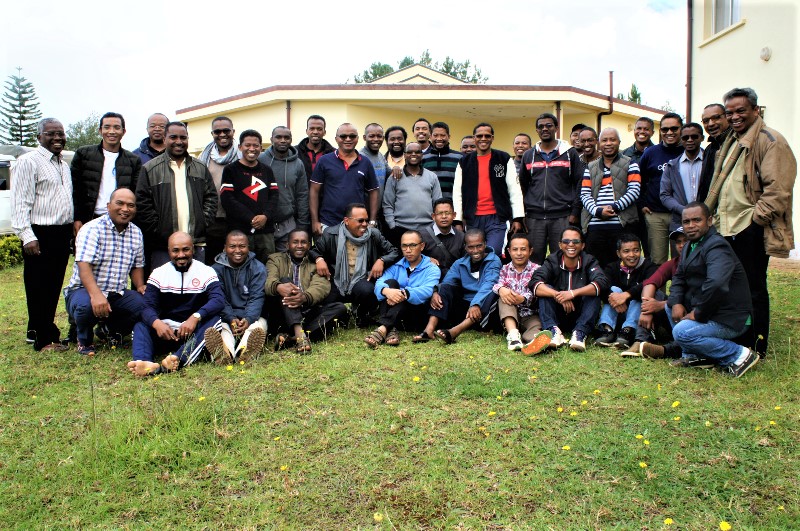
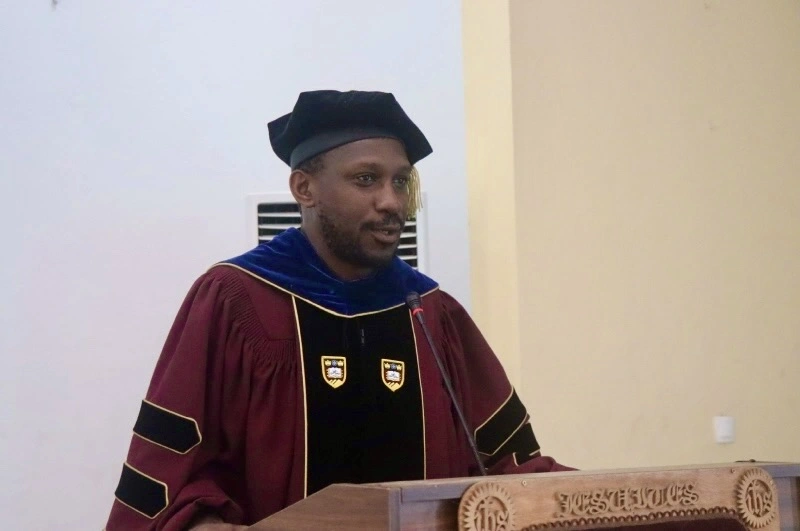
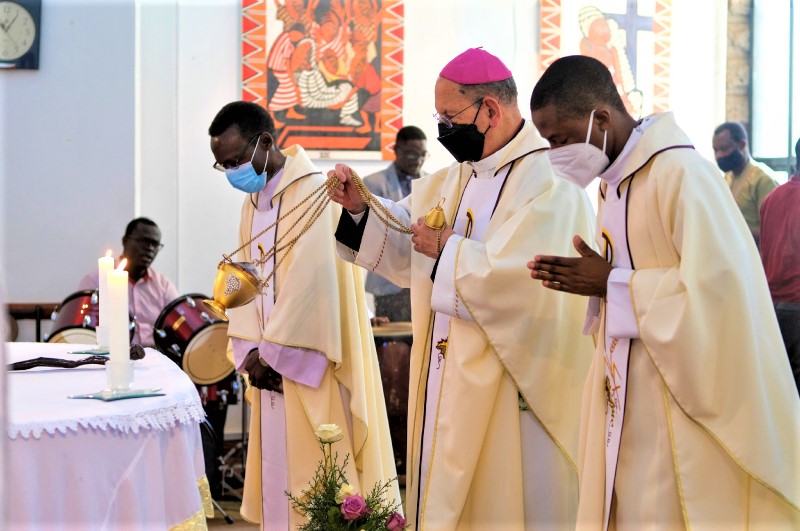
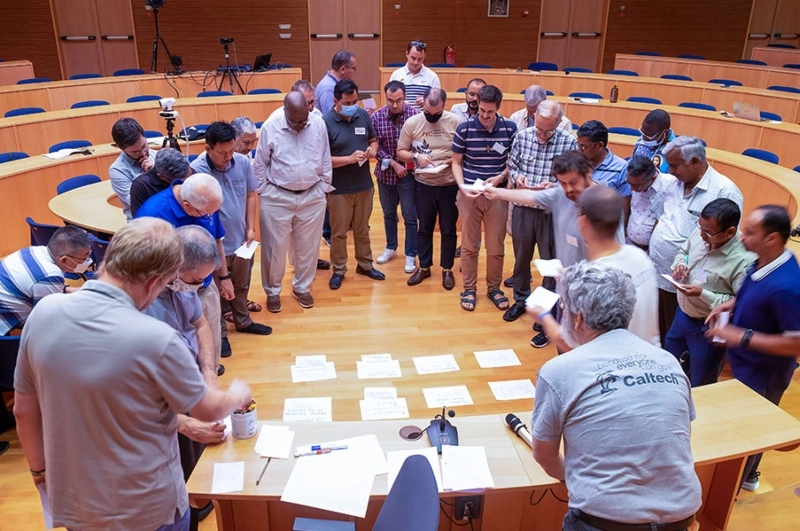
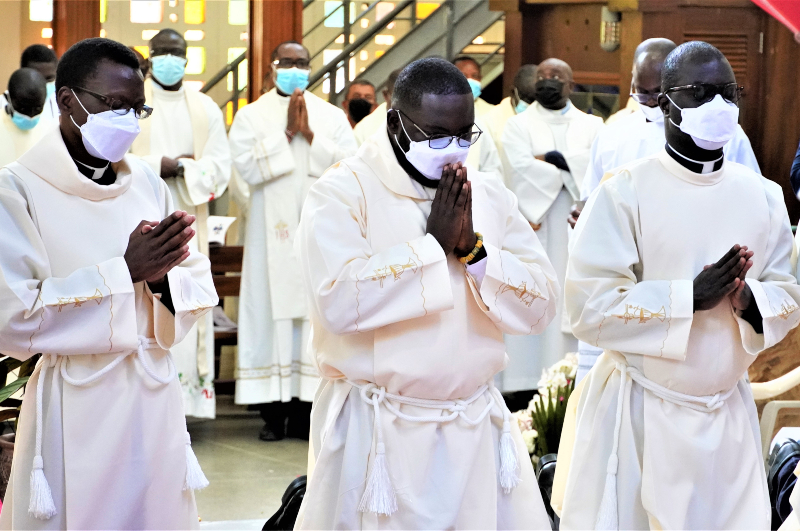
Select Payment Method
Pay by bank transfer
If you wish to make a donation by direct bank transfer please contact Fr Paul Hamill SJ treasurer@jesuits.africa. Fr Paul will get in touch with you about the best method of transfer for you and share account details with you. Donations can be one-off gifts or of any frequency; for example, you might wish to become a regular monthly donor of small amounts; that sort of reliable income can allow for very welcome forward planning in the development of the Society’s works in Africa and Madagascar.
Often it is easier to send a donation to an office within your own country and Fr Paul can advise on how that might be done. In some countries this kind of giving can also be recognised for tax relief and the necessary receipts will be issued.


